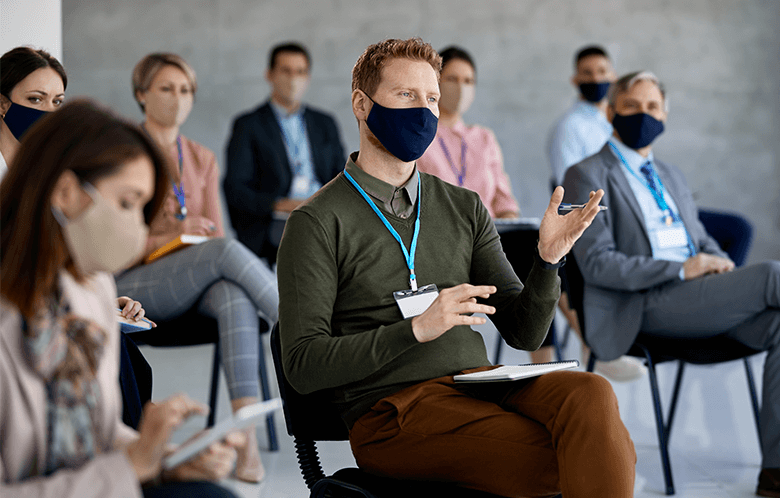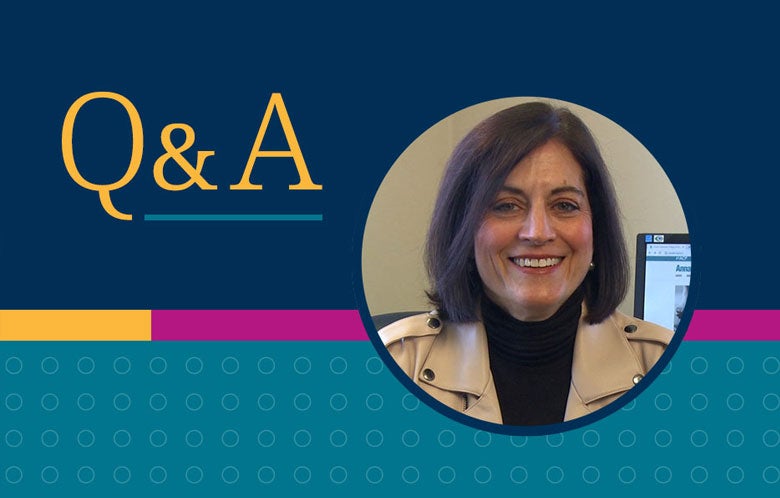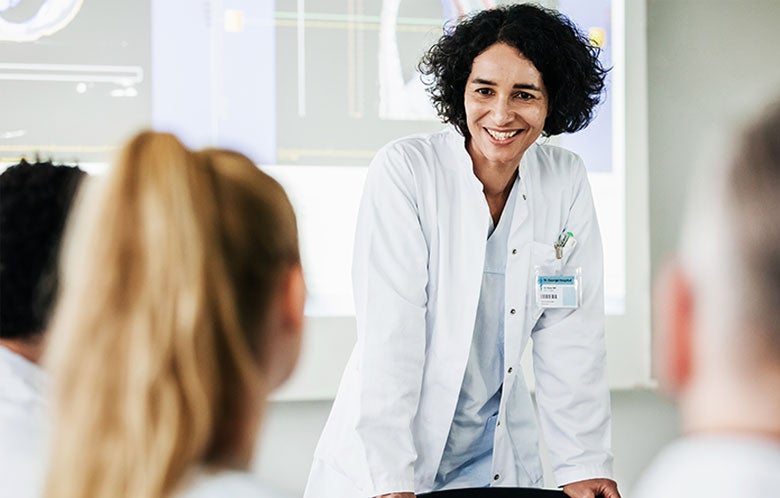This year, the American College of Physicians (ACP) held its first pandemic-era annual convention in Chicago, with awareness of rising cases in some parts of the country but also with a sense that the pandemic may have shifted to a more “manageable” phase. In Massachusetts for example, (home to EBSCO Information Services and where I practice), vaccines and medications to manage early and established COVID-19 infections are in ready supply, and a large percentage of the population is vaccinated.
Even so, one has to wonder what the benefits are from attending these in-person events. What can you do at a convention that isn’t possible online? Certainly, the COVID risk is lower now because of newly available treatments, immunizations, and the option of individualized masking (which one would hope would be socially acceptable in medical circles). But what do physicians gain from congregating in these times? Short answer: A lot.
For one thing, we can learn and experience things in a way that is not possible online — by being together. For example, the point-of-care ultrasound (POCUS) classes were all once again sold out. Whatever your feelings about the value of POCUS may be, hands-on learning with standardized patients and a POCUS expert is clearly the best way to learn this emerging skill for both neophytes and experienced clinicians alike. The ACP had hands-on learning for a variety of other procedures and diagnostic maneuvers as well, from orthopedics to advanced ophthalmoscopy to auscultation.
This brings us to the next potential benefit of gathering — relationships. Connecting within our close circle of friends and family is important to daily life. But relationships and reunions with professional colleagues are meaningful as well. At a convention like this, it is possible to meet old friends from years (even decades) past, catch up on what others are doing, and, in general, check in with people in your professional network. Meetings like ACP can renew engagement with peers, helping fight clinical burnout.
An in-person convention offers unique benefits that come with being together.
An in-person convention offers unique benefits that come with being together.
Related to this is the benefit of marking major career events ceremonially. Participating in the Doctor’s Dilemma competition, abstract presentations and competitions, and the simple joy of being at one’s first convention are all milestones in a medical career. Further, celebrating the advancement of many ACP members to fellowship and a select few to acknowledged mastership of their craft (congratulations to DynaMed primary care section editor, Dr. Pat O’Malley, newly MACP) cannot be replicated online. For many clinicians, our careers are a huge part of our lives and not simply a job. These milestones matter. They help one keep going on those rough days when it’s hard to imagine the work we do makes a difference.
Finally, attending a convention can offer what we might consider “the benefit of the unexpected.” If you’ve ever had the pleasure of reading a great book recommended by a friend or being pleasantly surprised by watching a movie that you were convinced to see, you will appreciate the benefits of finding something unexpected at a convention. Online learning is sometimes like going to the same website every day for your news, but attending a convention is more like browsing through the “What’s New” section of your local library and discovering a newly published book that you didn’t even know you were interested in. That is, until you arrive on the last page with a smile on your face and fulfillment in your heart.
Online learning is efficient, convenient, and perhaps perfectly adequate. But an in-person convention offers unique benefits that come with being together: hands-on education, peer interactions, the ability to cheer each other on, and the delight of unexpected learning. These benefits demonstrate the important role conferences like the ACP Internal Medicine Meeting play in our profession. We are all part of a community of healers, struggling with similar stresses and challenges. And, as a community, we are stronger.



